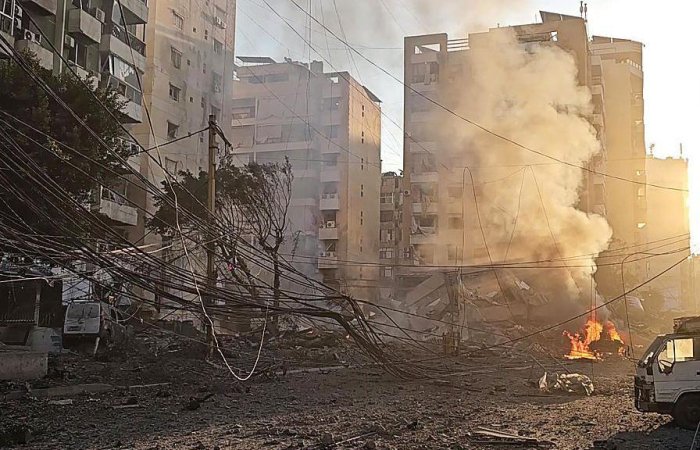Trending
Monday Commentary: Trump opens Pandora’s box and Ayatollah Khamanei has the last laugh
3 March 2026
On Saturday (28 February) the United States and Israel launched a new war, attacking Iran, even though talks between the US and Iran were on-going in Geneva, and Omani mediators thought that an agreement between the two was within reach. In the first engagement of the new war the US and Israel, targeted and killed Ayatollah Khamanei, Iran’s Supreme Leader, and many other Iranian senior officials.
The war has raged on for the last few days, and has spread quickly to other countries in the region. It is clear we are at the beginning of something big. This is not a local conflict. It is a conflict with global ramifications, and we are only at the start. It is very difficult to predict the future in such a volatile situation as has emerged since Saturday. There are no simple explanations or solutions.
But it is likely that the Islamic Republic will endure. The system may, in order to survive, update itself. This is necessary and overdue. But it will not happen under American and Israeli aerial fire.
The Gulf will never be the same again. The relations between Iran and the Gulf countries will be poisoned for a long time. Most GCC countries have the financial cushion to help them pull out of the present crises. But money on this occasion, may not be enough.
The war will also impact the Trump administration. This may prove a gamble too far for the American president.
But for all three, we are only at the beginning. And this story is only just starting, so in truth, anything can happen. (click the image to read the full Monday Commentary).




